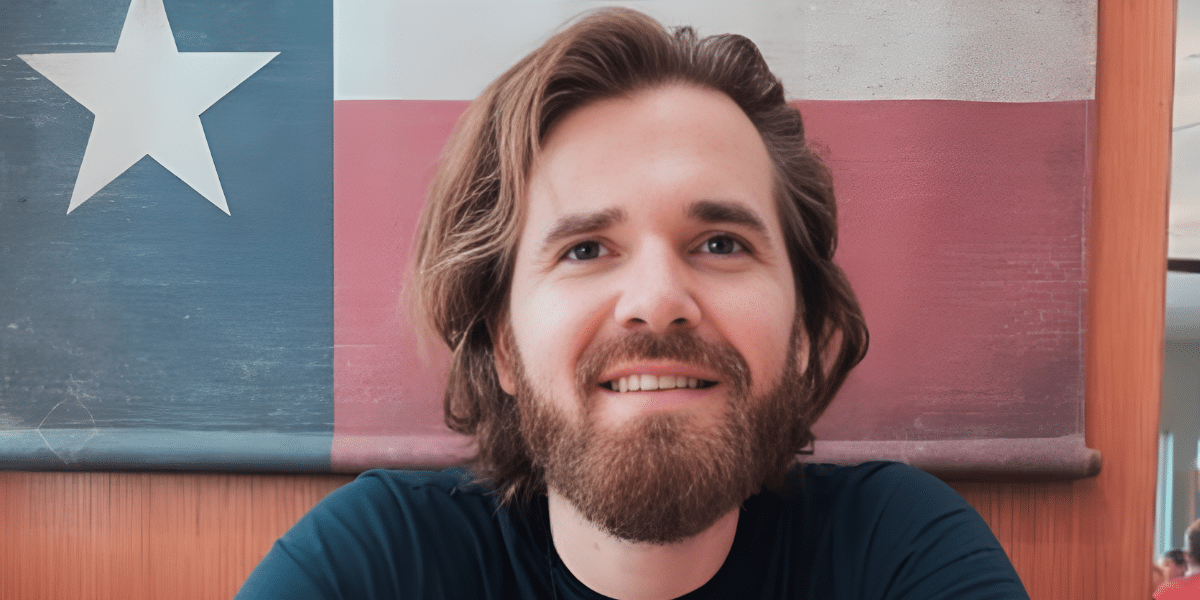There has been an unprecedented rise in productivity and project management spaces in technology over the past few years. Many tools that help with organization, task management, document aggregating, and collaboration have popped out of nowhere non-stop since the boom of these apps. But only a few have reached the levels that programs like Notion have reached.
Launched back in 2016, Notion is an all-in-one productivity application that provides some of the most notable task and project management systems, including components like notes, databases, kanban boards, calendars, lists, timelines, reminders, and wikis in one place. By using Notion, individuals and teams can connect components to build systems from scratch. The app allows for creating knowledge hubs, note systems, database management, project management boards, and fully functioning blogs and websites.
The company’s founder, Ivan Zhao, conceptualized Notion with the mission of creating a tool that would empower non-coders with a system that could give them the freedom and reins to build databases and dashboards that they can use for personal and professional use. Born in China, Zhao would move to Canada as a child. He created another tech start-up before Notion called Inkling, a system that would deliver real-time and impactful learning to employees on any device.
Zhao met his Notion co-founder, Simon Last, and together started thinking of a solution that would allow people to create a system from scratch and share it with their teams. Hence, the journey of Notion Labs began.
One of the best aspects of Notion is the robust functionalities that its free plan has to offer. The majority of the system’s services are available even without paying a monthly fee, and when one does, it provides more viable reasons to keep the plan for a very long time. Moreover, Notion has made its services—even the premium ones—free to use for educators and students in 2019. The only requirement to get the paid version of the app for free is to use an email with a .edu or any other academic domain address.
A key factor to Notion’s success is its communities. There are hundreds of groups on social media platforms and forums like Reddit that share templates, tutorials, and wikis to maximize the tool for personal and collective team productivity. It has developed a cult following, with YouTubers creating content around the app and some Notion experts building custom systems and selling them on online marketplaces like Gumroad.
Notion Labs Inc, the startup behind the ingenious app, started in 2013 in San Francisco, California. The app would then launch in March 2016 for web browsers and OS X. A little over a year later, the company launched an app version for Microsoft Windows, then for iOS in June 2017. In March 2018, Notion Labs launched Notion 2.0, which would receive praise from organizations like Product Hunt that named the iteration of the service as the number one product of the month. In June of the same year, the company released an Android version of the app.
In September 2019, Notion announced that it had breached the 1 million user mark. It would exponentially grow to 4 million by April 2020 and surged from $900 million in valuation to $2 billion in only a little over one year.
To learn more about Notion, visit its website.
References:
https://en.wikipedia.org/wiki/Notion_(app)
https://usefyi.com/notion-history/
https://www.invisionapp.com/inside-design/ivan-zhou-notion-interview/





